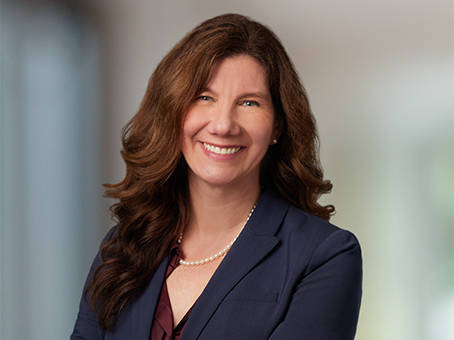Article Written by Stacey Cook
Partner, Heather Kmetz, was interviewed by Oregon Business
Brand Story – The Cultural Tax Credit gives cultural donors a voice in how their taxes are spent.
As an experienced business and tax attorney, Heather Kmetz helps people keep, grow and transfer wealth. But what Kmetz, a partner at Sussman Shank LLP, loves most is connecting charitable clients with a unique tax benefit that leverages their gift for even greater good.
Oregon’s Cultural Tax Credit encourages Oregonians who donate to one or more of Oregon’s 1,500+ arts, heritage and humanities nonprofits to give a matching amount to the Oregon Cultural Trust, for which they receive a dollar-for-dollar credit on their state taxes. In essence, the credit lets them allocate a portion of their tax dollars to fund arts and culture. The credit is capped at $500 for individual filers, $1,000 for couples filing jointly and $2,500 for Class-C corporations.
“For people who are already giving, I make sure they’re aware of this credit because it’s a no-brainer,” Kmetz says, and she suggests that CPAs do the same. Why? “I think anytime you allow a client the opportunity to amplify something that’s obviously important to them, you’re winning.”
The number of donations to the Oregon Cultural Trust increased in 2022, resulting in 10,839 donations totaling $5.2 million for the calendar year. But fewer than 10 percent of people who qualify take the credit, leaving an important source of arts and culture funding on the table. Kmetz guesses this is because many people don’t know it exists.
Kmetz is also president of Portland’5 Centers for the Arts Foundation, so she knows the impact this funding makes. “The more people who decide to donate to the Foundation and then to the Cultural Trust, that means there’s more young people that we can engage with,” she says. “We may be helping to build future [artists], but we might also be producing future patrons, which is just as important.”
The benefit goes even beyond the arts. According to a 2012 National Endowment for the Arts report, students from traditionally marginalized communities who have access to the arts tend to have better academic results, better work opportunities and higher levels of civic engagement.
Kmetz has seen this play out with the students in the Foundation’s education program. “The earlier an individual interacts with the arts, the better they believe they can be in their life,” she says. “They can visualize their lives taking paths they hadn’t seen before. And that’s because arts gave them that imagination, that vision into the future.”
She also notes that “the arts took a beating” during the COVID-19 shutdown. “We closed every stage in the state” she says, adding that bringing audiences back has been a challenge. “Now more than ever, it’s essential that we pay to re-engage in our quality of life, to bring arts into the daily presence of communities that it used to be, and I know it will be again.”
While it’s too late to claim the credit for 2022, tax season is a great time for individuals to plan 2023 giving and for CPAs to inform their clients so they don’t miss out on it next year.
View the full article HERE.


